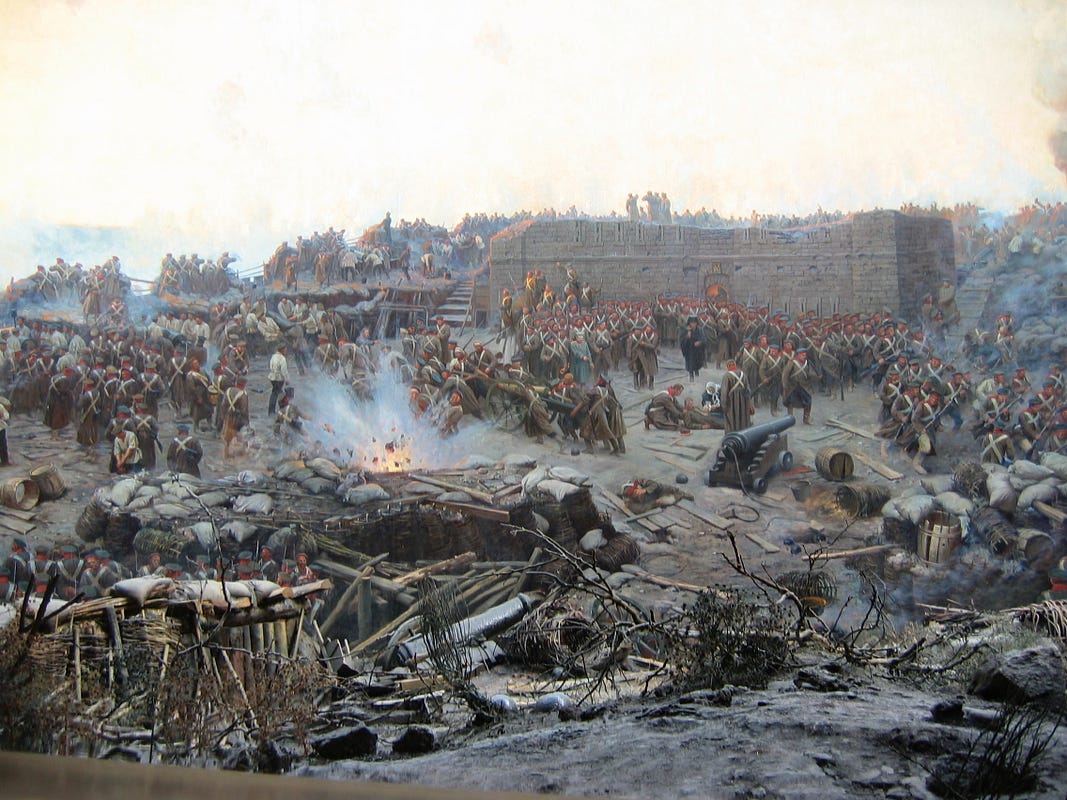By Condoleezza Rice, Saturday, March 8,
Condoleezza Rice was secretary of state from 2005 to 2009.
“Meet Viktor Yanukovych, who is running for the presidency of Ukraine.” Vladimir Putin and I were standing in his office at the presidential dacha in late 2004 when Yanukovych suddenly appeared from a back room. Putin wanted me to get the point. He’s my man, Ukraine is ours — and don’t forget it.
The “Ukrainian problem” has been brewing for some time between the West and Russia. Since Ukraine’s Orange Revolution, the United States and Europe have tried to convince Russia that the vast territory should not be a pawn in a great-power conflict but rather an independent nation that could chart its own course. Putin has never seen it that way. For him, Kiev’s movement toward the West is an affront to Russia in a zero-sum game for the loyalty of former territories of the empire. The invasion and possible annexation of Crimeaon trumped-up concerns for its Russian-speaking population is his answer to us.
The immediate concern must be to show Russia that further moves will not be tolerated and that Ukraine’s territorial integrity is sacrosanct. Diplomatic isolation, asset freezes and travel bans against oligarchs are appropriate. The announcement of air defense exercises with the Baltic states and the movement of a U.S. destroyer to the Black Sea bolster our allies, as does economic help for Ukraine’s embattled leaders, who must put aside their internal divisions and govern their country.
The longer-term task is to answer Putin’s statement about Europe’s post-Cold War future. He is saying that Ukraine will never be free to make its own choices — a message meant to reverberate in Eastern Europe and the Baltic states — and that Russia has special interests it will pursue at all costs. For Putin, the Cold War ended “tragically.” He will turn the clock back as far as intimidation through military power, economic leverage and Western inaction will allow.
After Russia invaded Georgia in 2008, the United States sent ships into the Black Sea, airlifted Georgian military forces from Iraq back to their home bases and sent humanitarian aid. Russia was denied its ultimate goal of overthrowing the democratically elected government, an admission made to me by the Russian foreign minister. The United States and Europe could agree on only a few actions to isolate Russia politically.
But even those modest steps did not hold. Despite Russia’s continued occupation ofAbkhazia and South Ossetia, the diplomatic isolation waned and then the Obama administration’s “reset” led to an abrupt revision of plans to deploy missile defense components in the Czech Republic and Poland. Talk of Ukraine and Georgia’s future in NATO ceased. Moscow cheered.








 ‘Siege of Sevastopol’ by Franz Roubaud. Via Wikimedia Commons
‘Siege of Sevastopol’ by Franz Roubaud. Via Wikimedia Commons